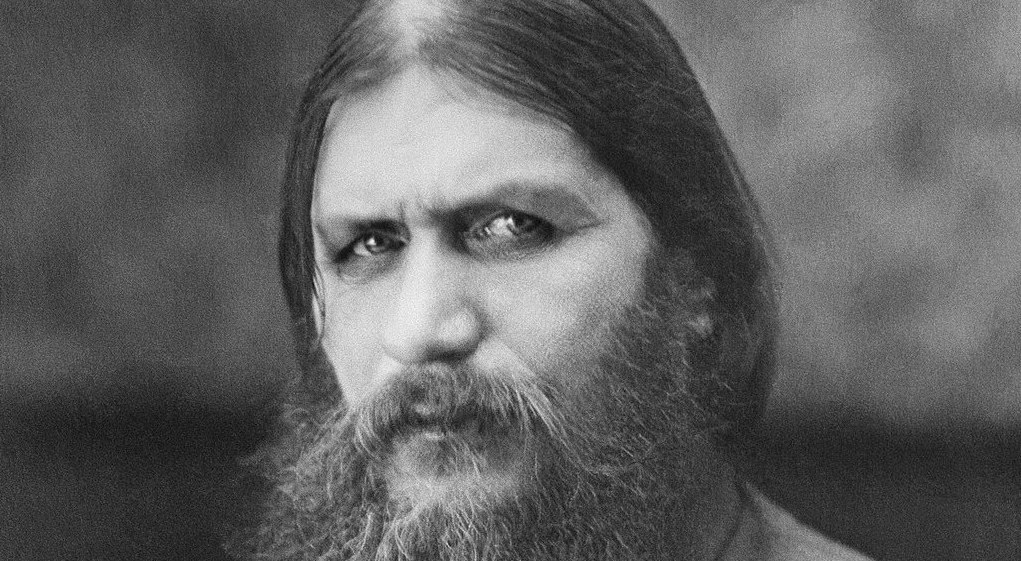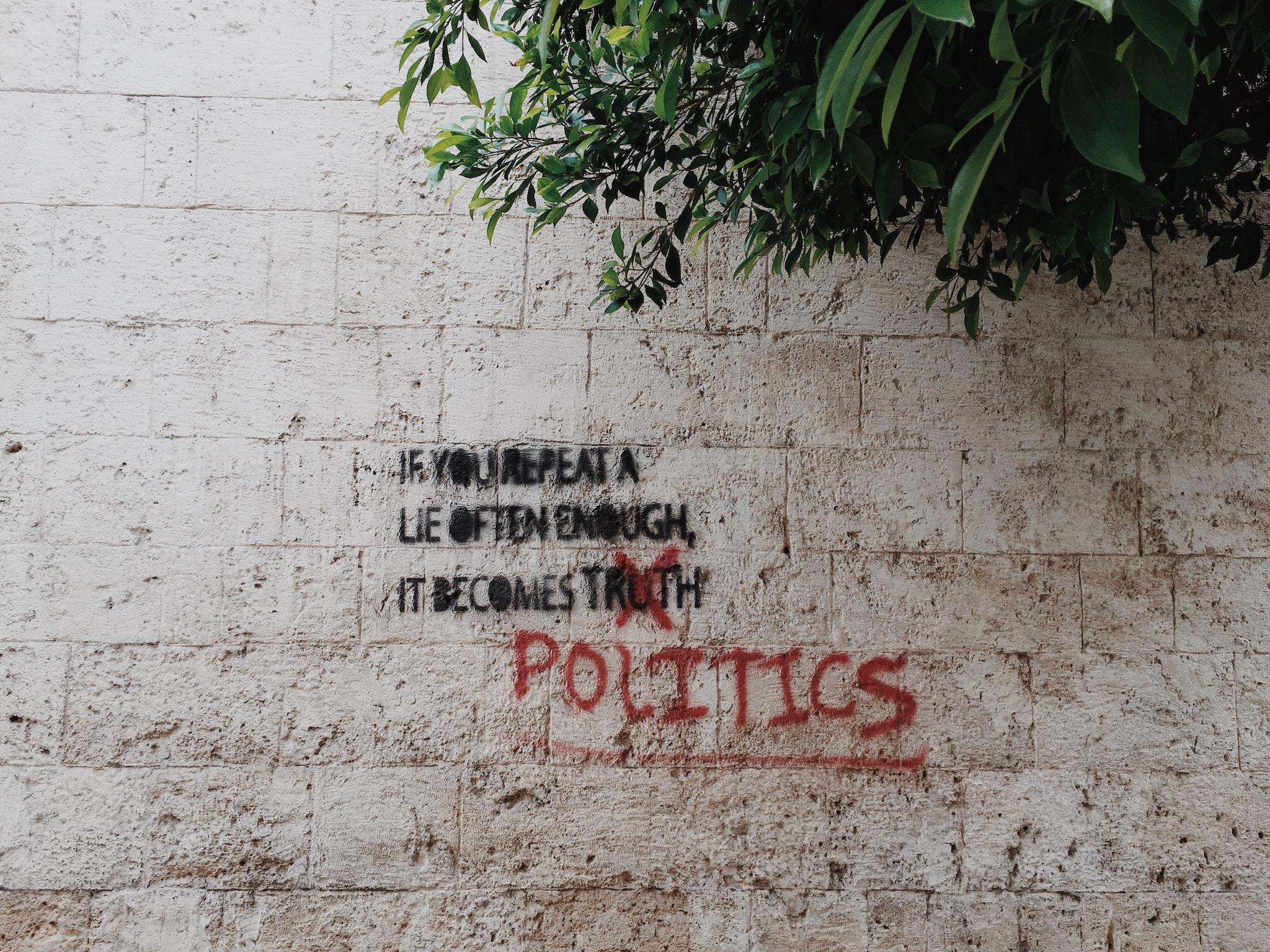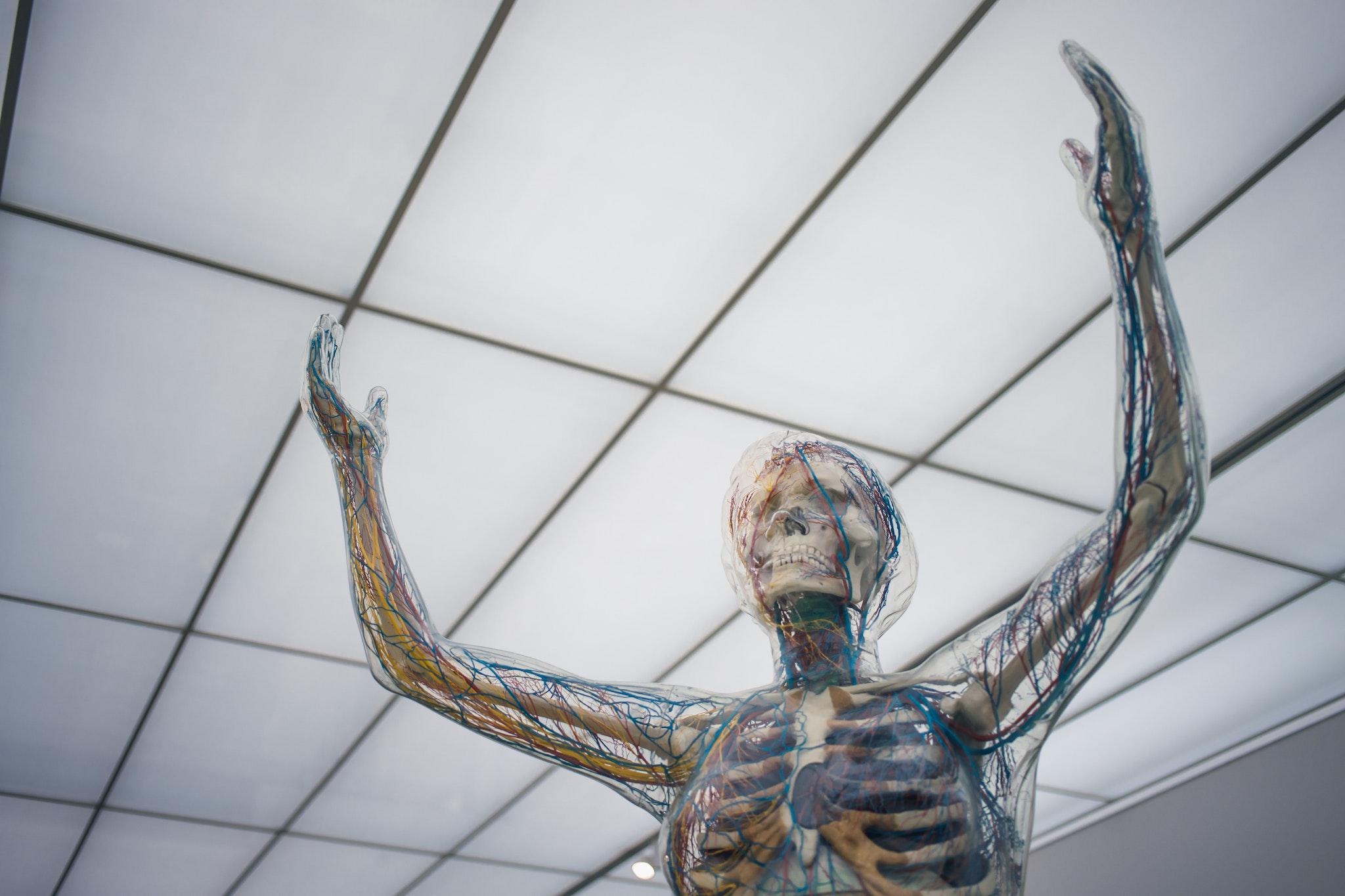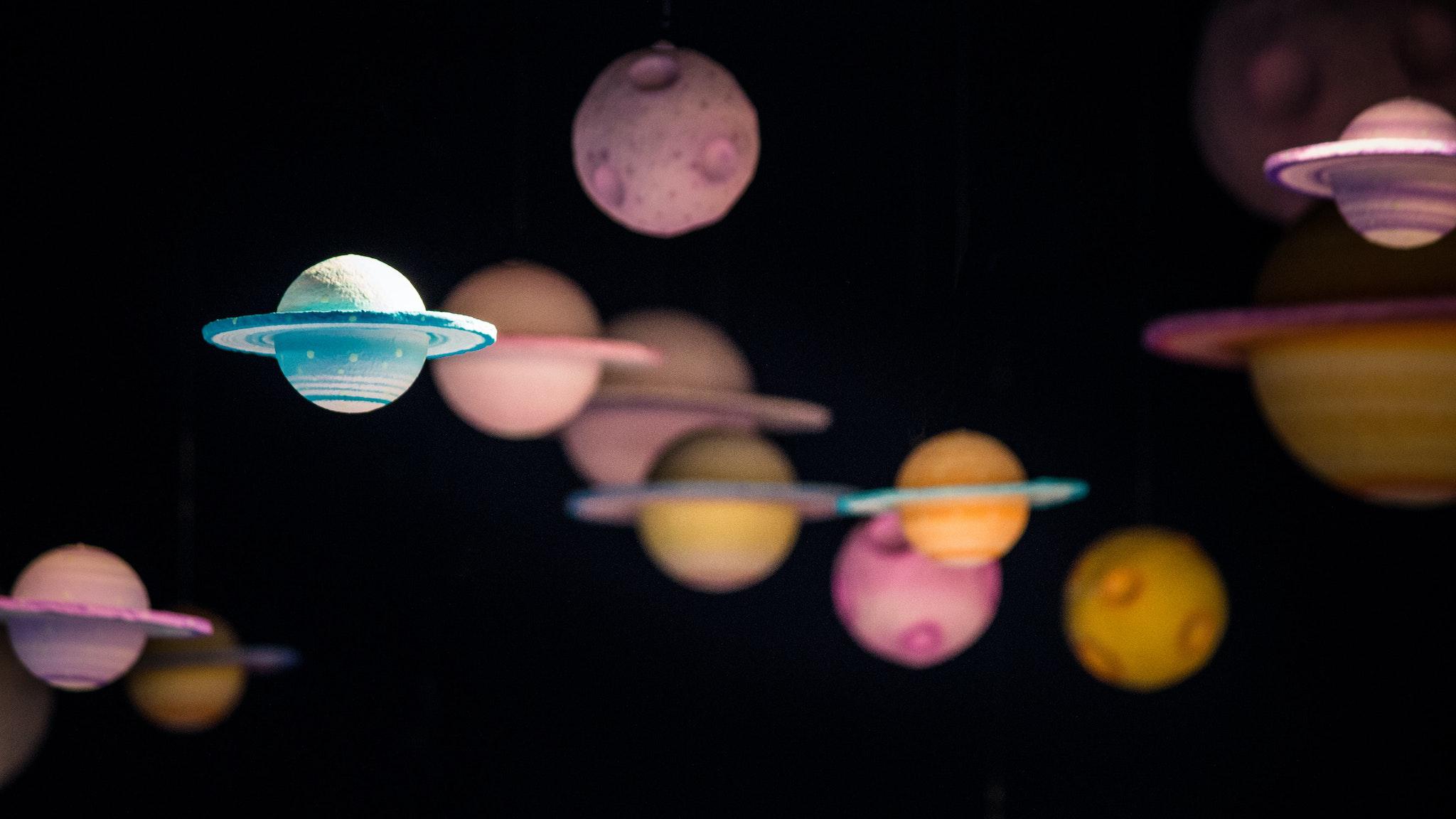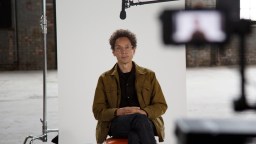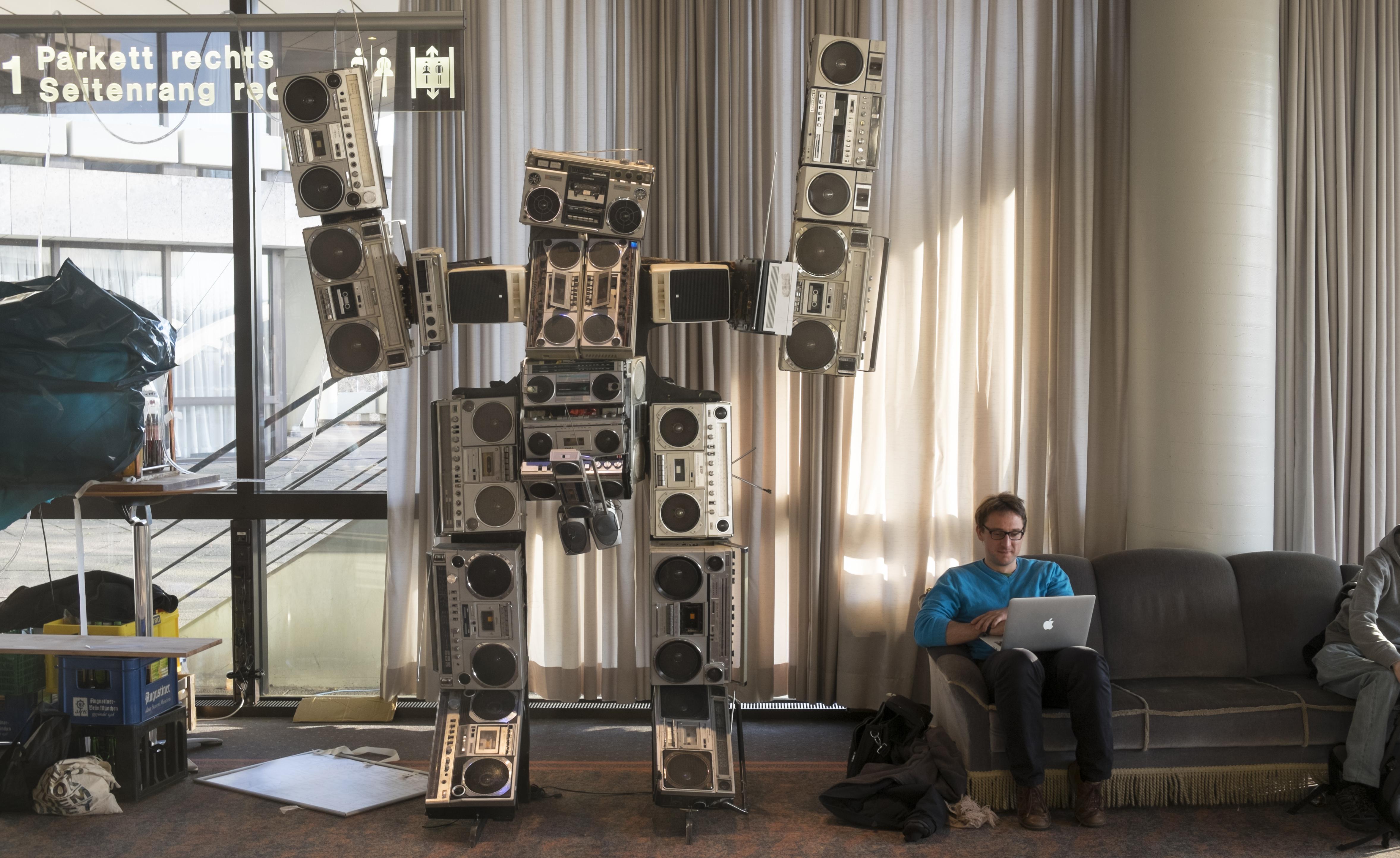books
The peasant turned czarist advisor has come to be known and feared as the devil incarnate, but was he really as demonic as we have been led to believe?
Some intellectuals use charisma and deception to obscure the holes in their arguments. Here is how to see through their smokescreen.
Preferring “bases not places,” the U.S. does not really resemble the empires of old.
Through self-tracking and self-experimentation, we can greatly improve our cognitive capacity.
Why I was prepared to hate The Structure of Scientific Revolutions but ended up loving it.
Instead of just Afghanistan, the U.S. military ought to withdraw from the entire Middle East and much of the rest of the world.
We spend much of our early years learning arithmetic and algebra. What’s the use?
For the ancients, hospitality was an inviolable law enforced by gods and priests and anyone else with the power to make you pay dearly for mistreating a stranger.
When we rely on the conscious mind alone, we lose; but when we listen to the body, we gain a winning edge.
All the latest titles from the experts at MIT.
A Nazi institute produced a Bible without the Old Testament that portrayed Jesus as an Aryan hero fighting Jewish people.
Can a war be won from the air? A group of renegade pilots in the 1930s thought so.
The Bomber Mafia nearly changed the world—and you’ve likely never heard of them.
▸
10 min
—
with
If computers can beat us at chess, maybe they could beat us at math, too.
In each of our minds, we draw a demarcation line between beliefs that are reasonable and those that are nonsense. Where do you draw your line?
Once a book is published, who gets to interpret it? Us or the author?
Why are rapture ideologies exploding?
▸
7 min
—
with
Because of our ability to think about thinking, “the gap between ape and man is immeasurably greater than the one between amoeba and ape.”
Scans show similar activity to what occurs when you think about yourself.
The key? A computational flattening algorithm.
Technology of the future is shaped by the questions we ask and the ethical decisions we make today.
▸
5 min
—
with
In her book The Art of Rest, one researcher conducted a thorough analysis of the top 10 activities we find most restful.
How would the ability to genetically customize children change society? Sci-fi author Eugene Clark explores the future on our horizon in Volume I of the “Genetic Pressure” series.
The author of “Auroville: The City Made of Dreams” talks about the difficulties of establishing (and writing about) utopian societies.
Perspective twisting books on biology, social science, medical science, cosmology, and tech.
She was walking down the forest path with a roll of white cloth in her hands. It was trailing behind her like a long veil. It was sweeping needles, leaves […]
From novels to movies and beyond, this 11-course bundle will jumpstart your writing career.
MIT Professor Sinan Aral’s new book, “The Hype Machine,” explores the perils and promise of social media in a time of discord.
Psychedelics are going mainstream. Here’s your reading list.
